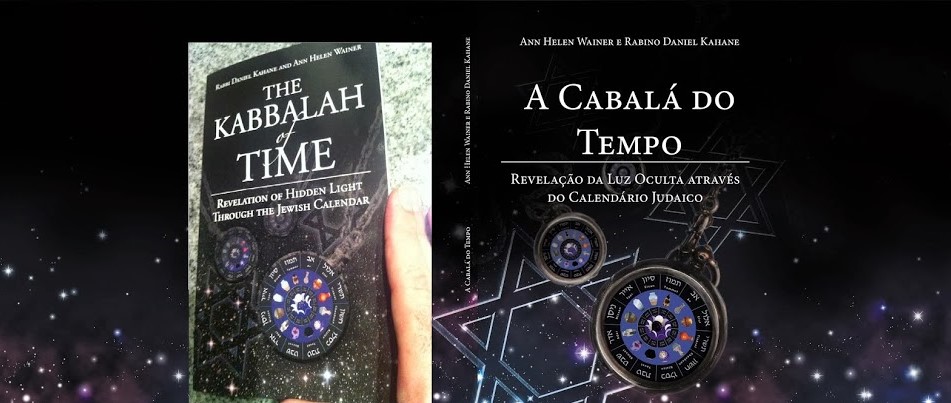Pesach Sheini (The Second Passover)
I'm constantly haunted
By the overwhelming
Feeling that whatever
By the overwhelming
Feeling that whatever
I'm doing is not enough,
That I'm not meeting
My most basic obligations
That I'm not meeting
My most basic obligations
And that the day of reckoning
Will come and I will be
Forced to admit it.
Will come and I will be
Forced to admit it.
So I admit it now.
What I give certainly
Does not compare with
What I take.
Does not compare with
What I take.
I do not deserve what I have,
And am still very far, relying
Completely on His mercy.
And am still very far, relying
Completely on His mercy.
So now that I've gotten
All that off my chest
And set all pretensions aside
All that off my chest
And set all pretensions aside
I can go back to work
Because it's never too late
To burn off the yeast and bring
Because it's never too late
To burn off the yeast and bring
The proper sacrifice
With humble bread and bitter herbs
In order, to be free.
With humble bread and bitter herbs
In order, to be free.
